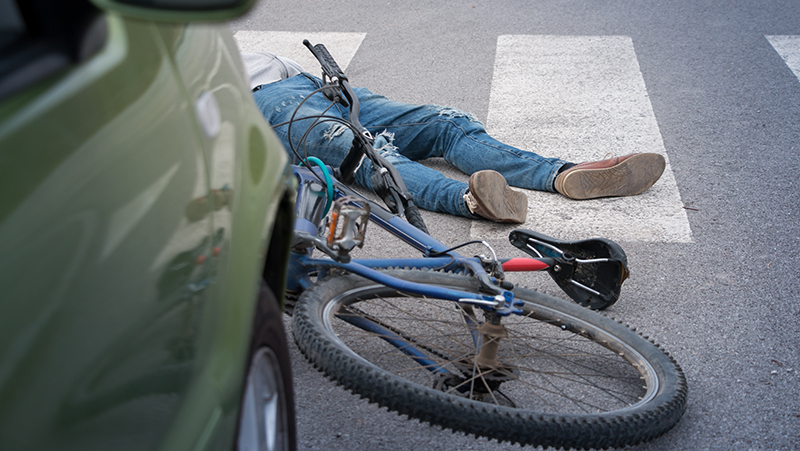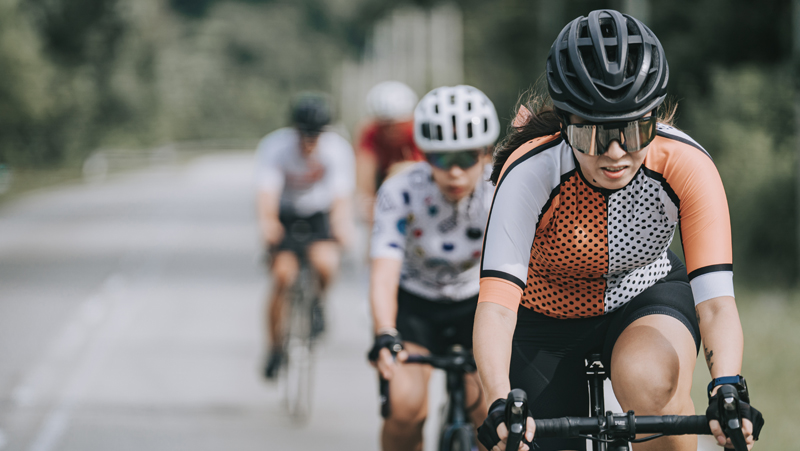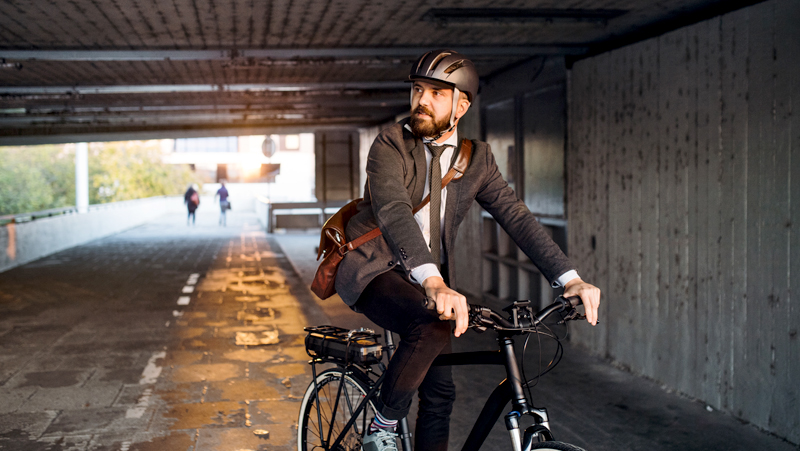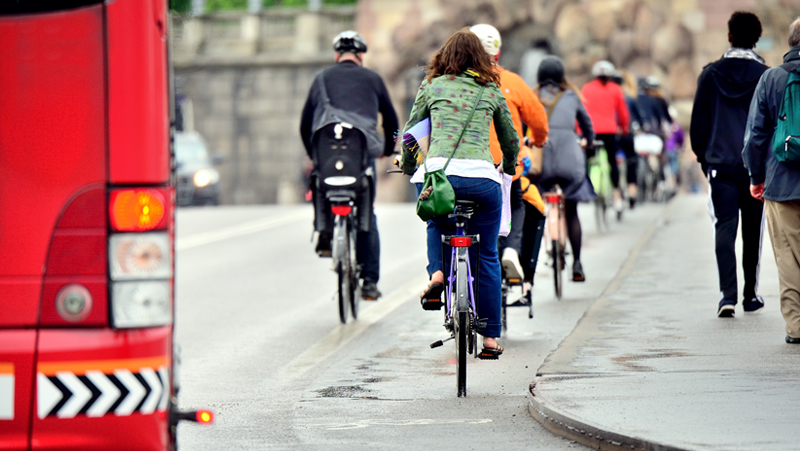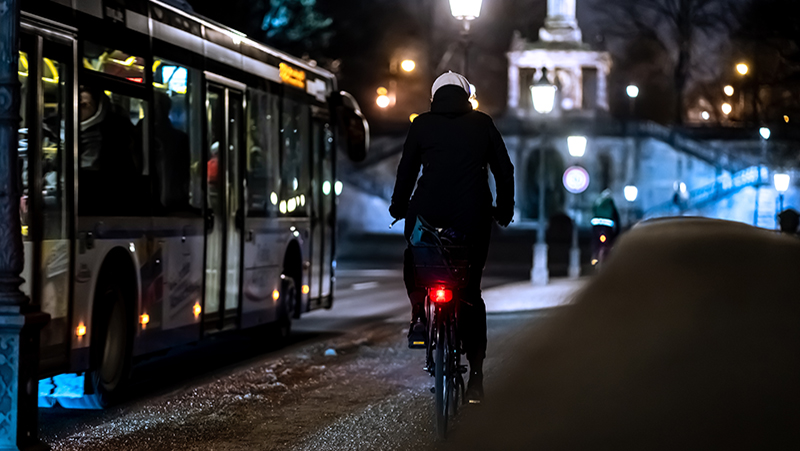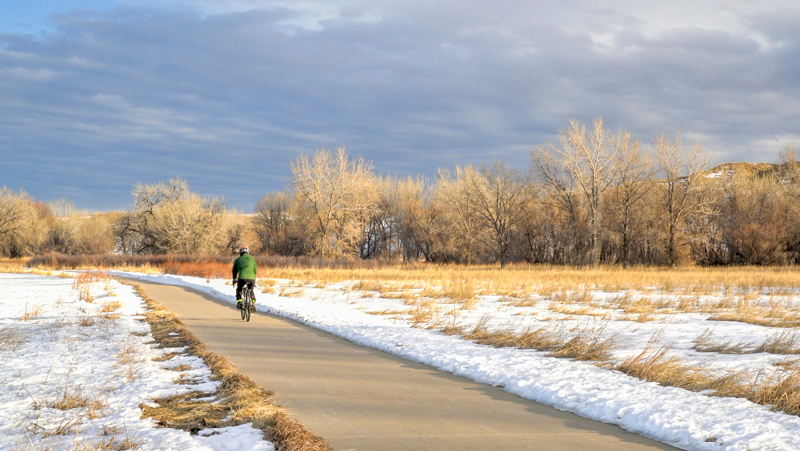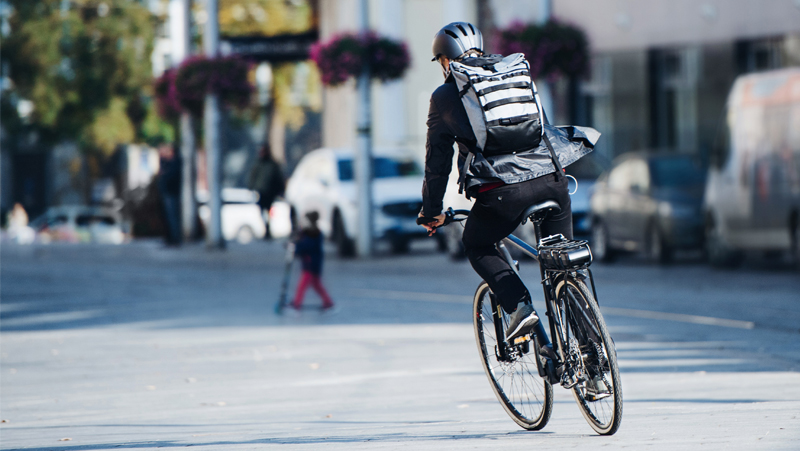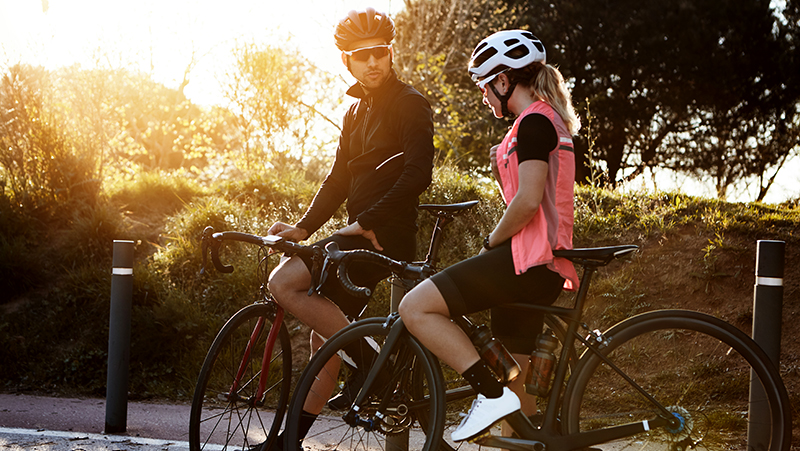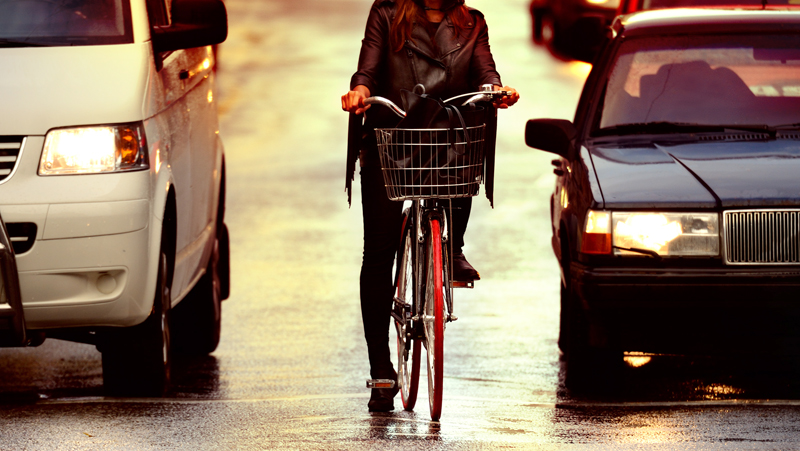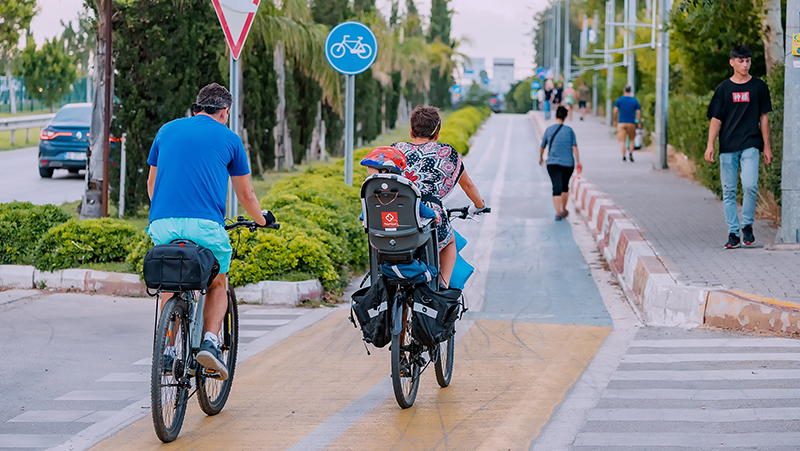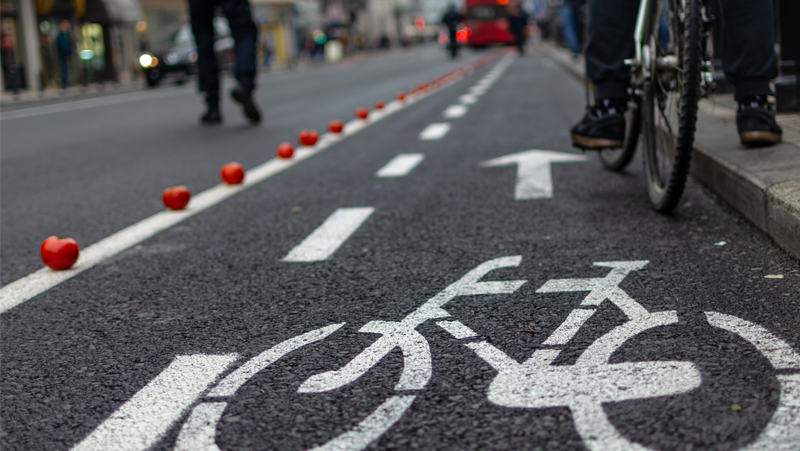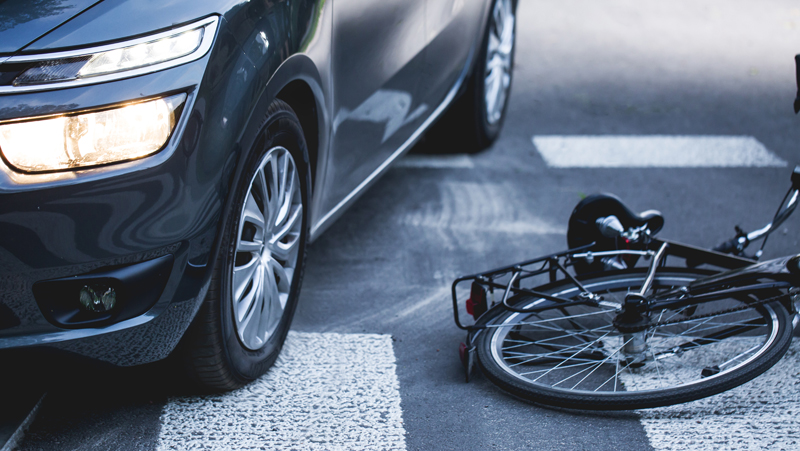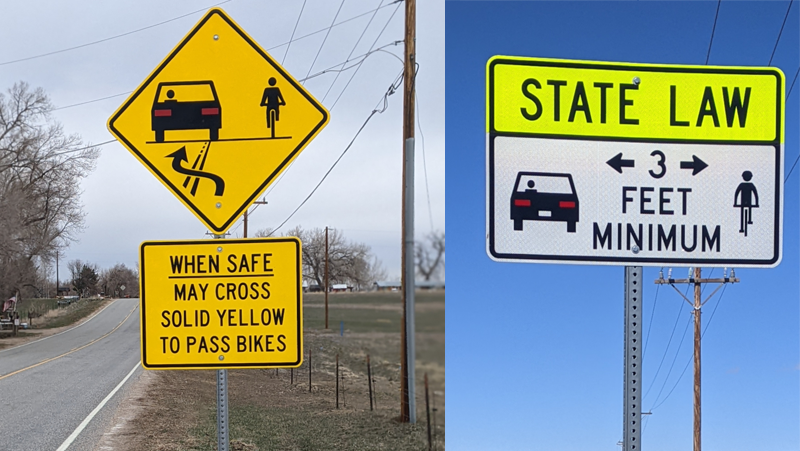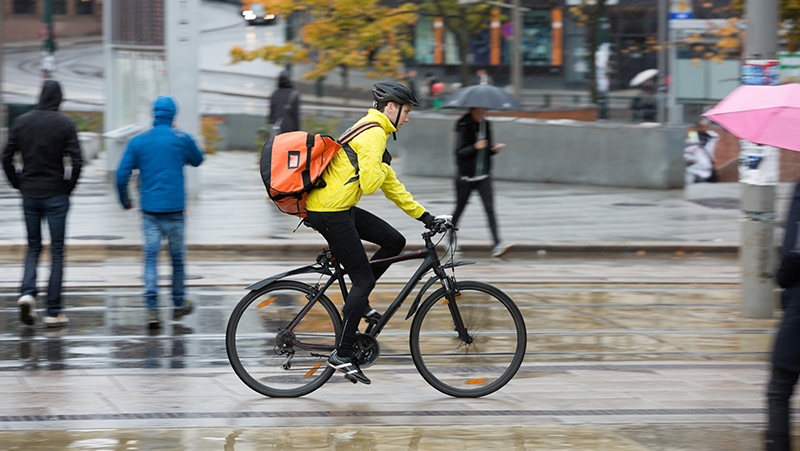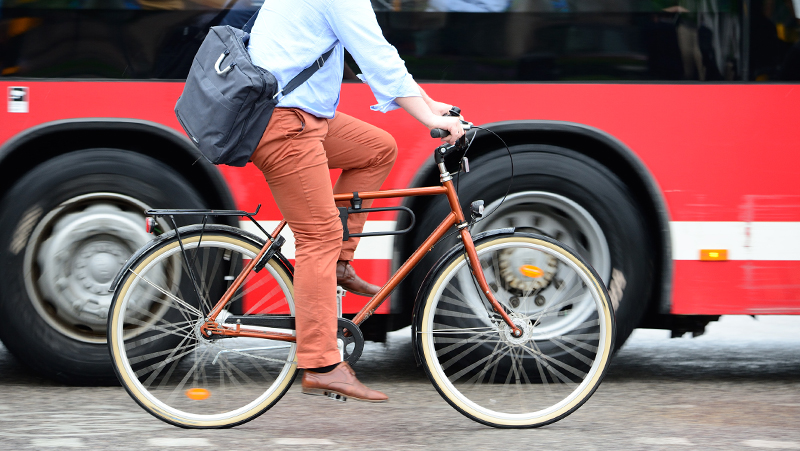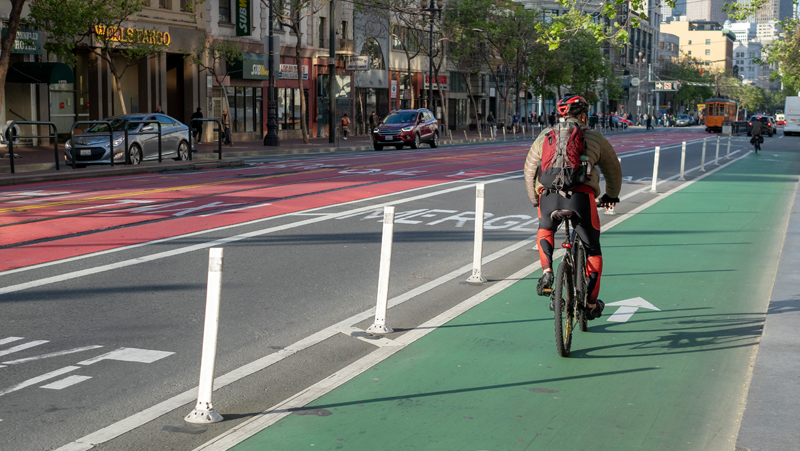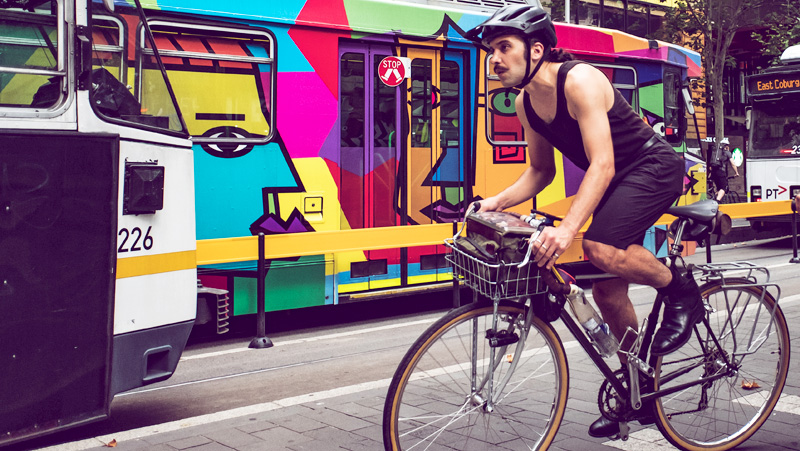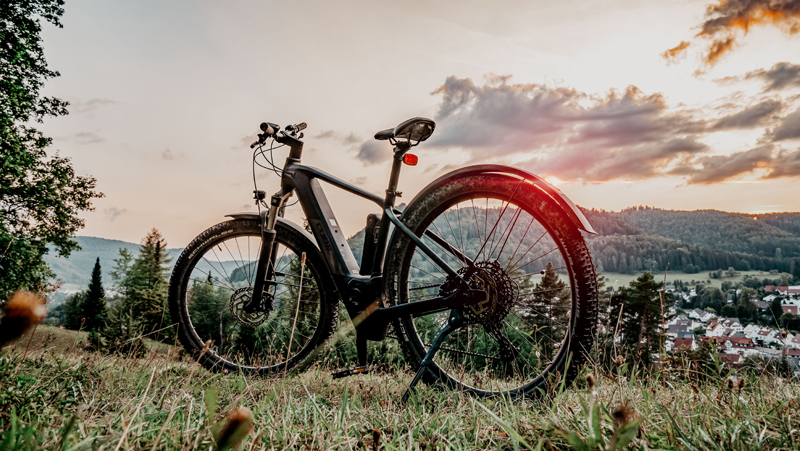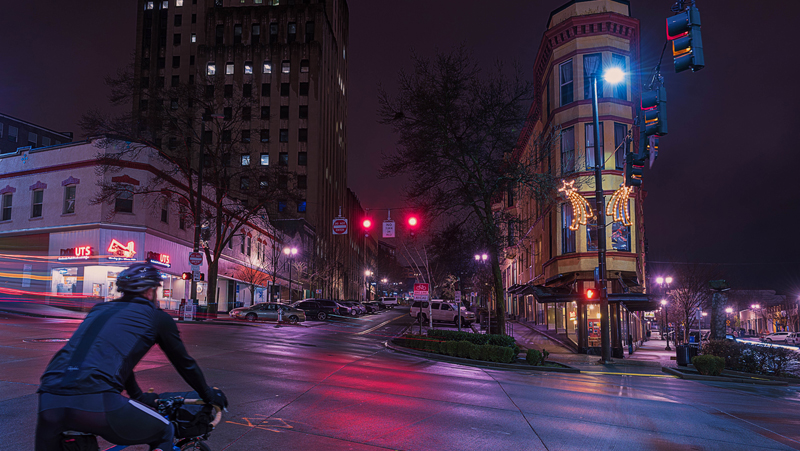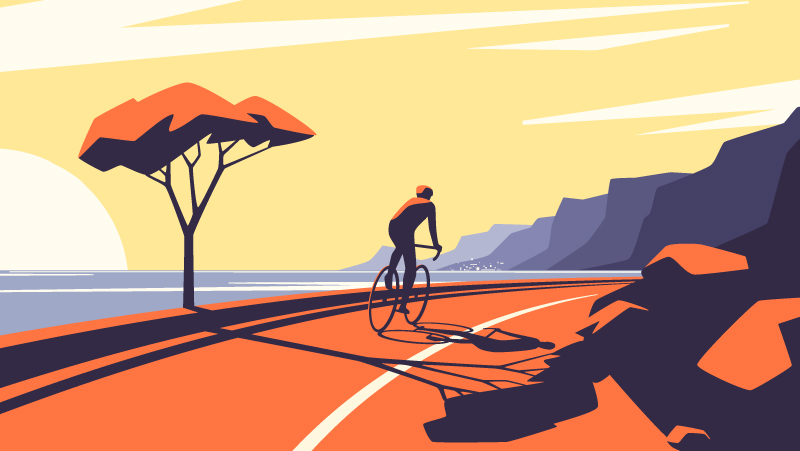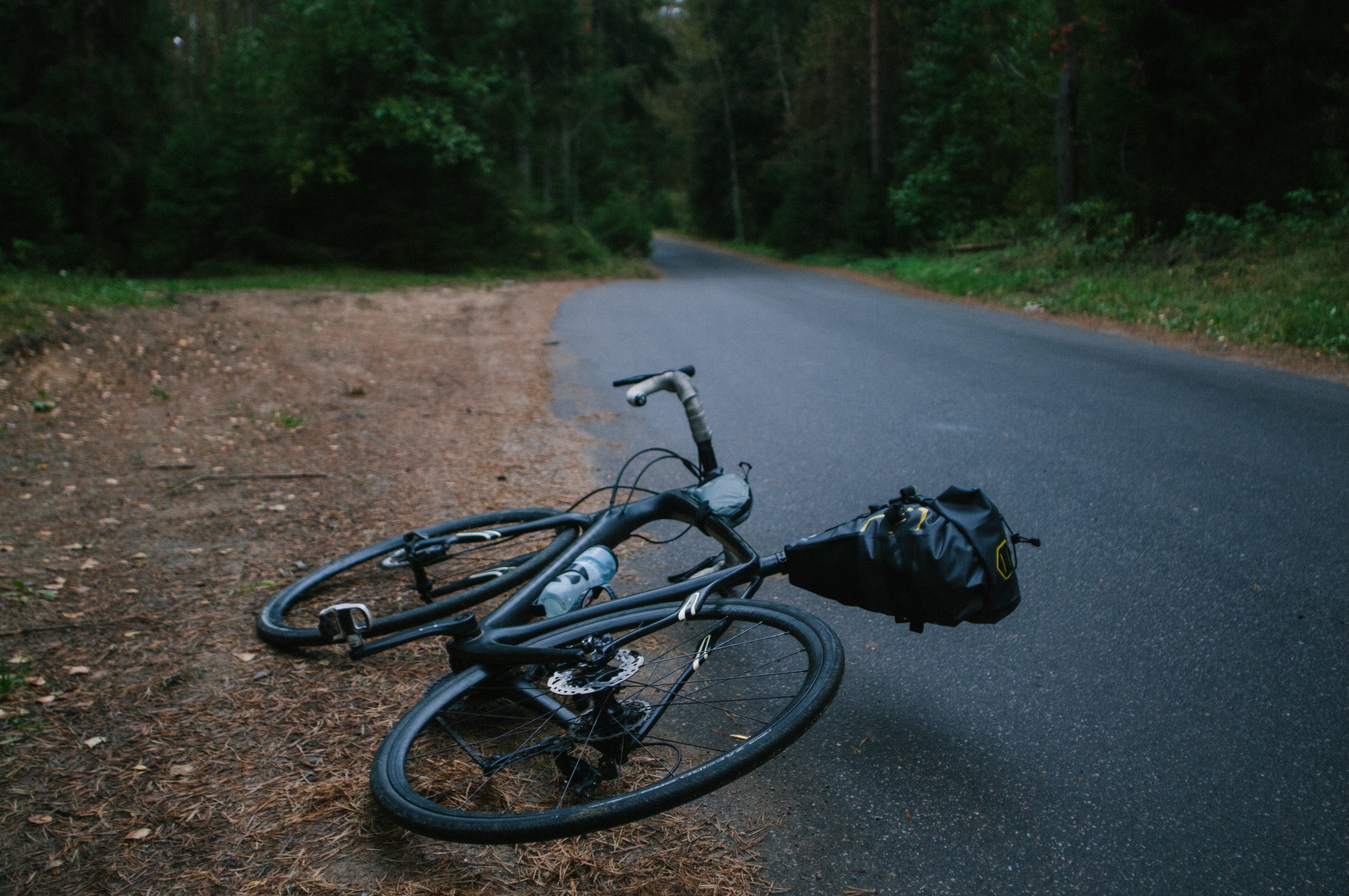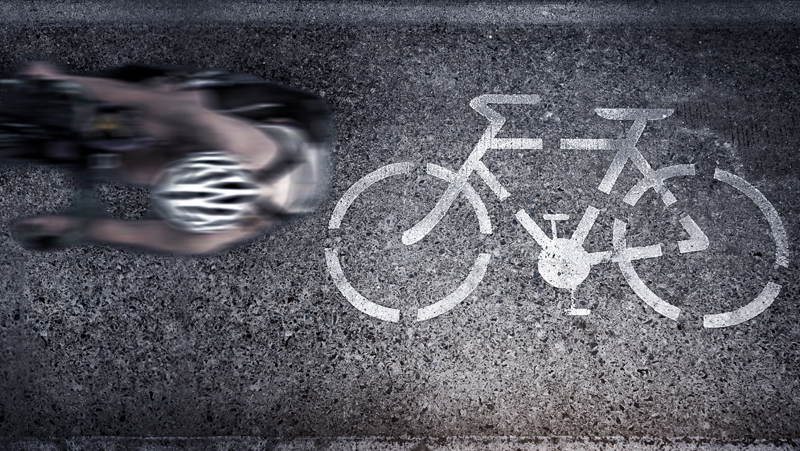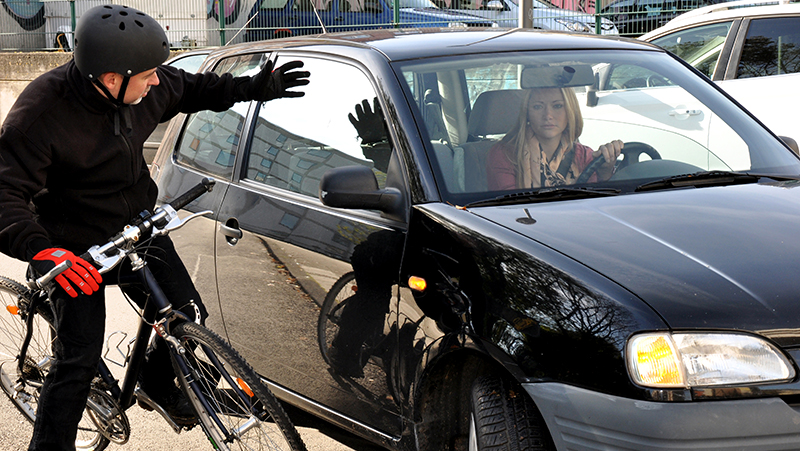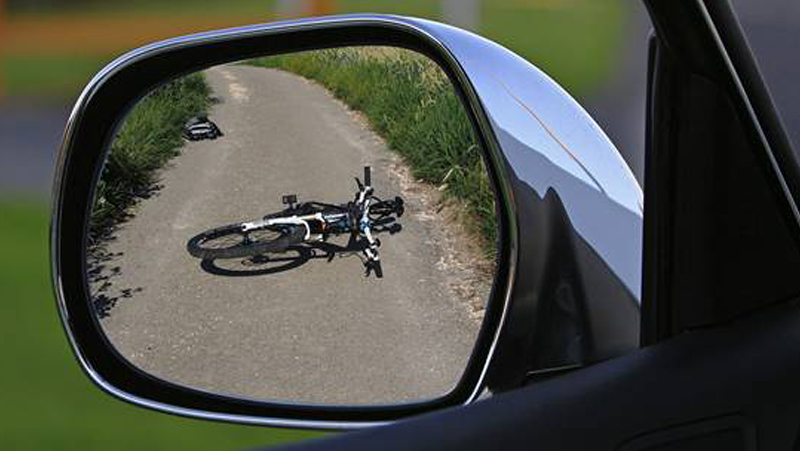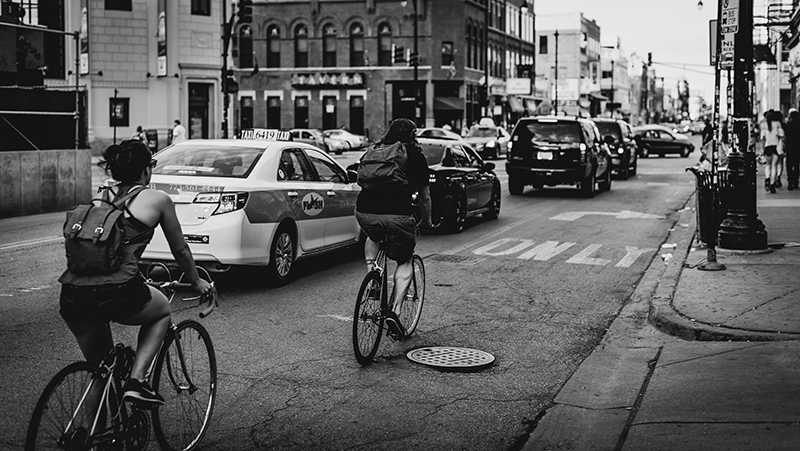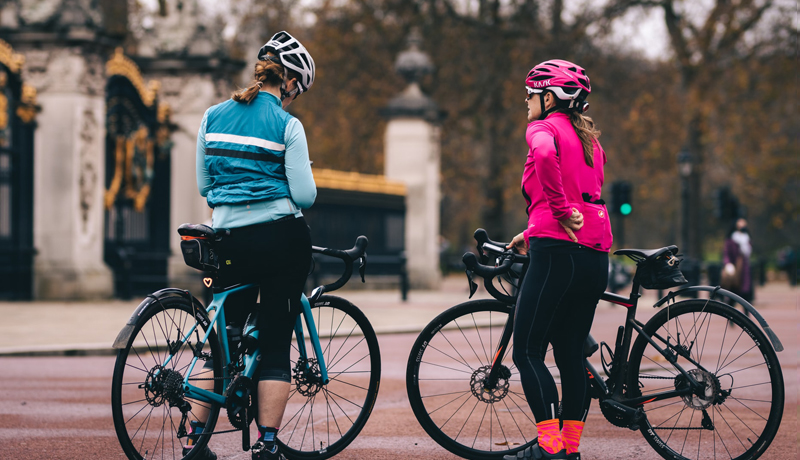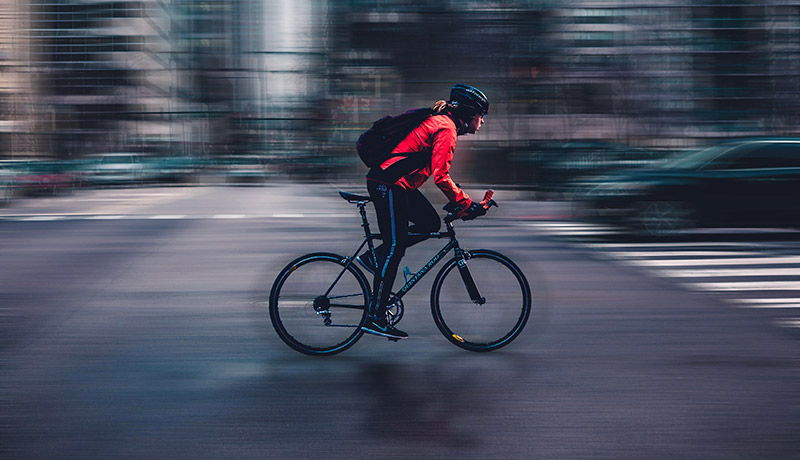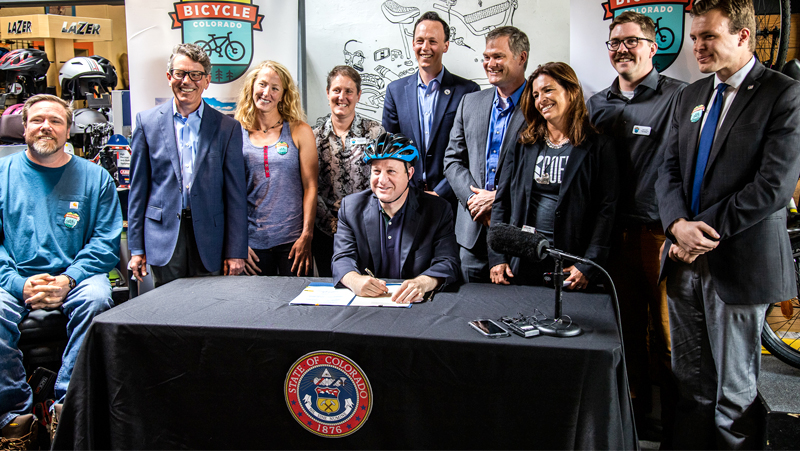 Photo by Brad Tucker
Photo by Brad Tucker
The world can feel like a cruel place, especially if you were recently hit by a car. Bike crash victims are often wrongfully blamed by police and local news outlets; social media trolls quickly fill up the comments section with hateful, ignorant vitriol; insurance adjusters diminish the seriousness of the victim's injuries; and, in many ways, the criminal justice system has its hands tied when the victim is a cyclist. And even worse, when an injured cyclist eventually does get back out on their bike (though many never do), it can feel like the world is out to get you because drivers, city planners, and road engineers are just as uncaring as before. But it is important to keep in mind that there are people who care about what you are going through ...
Read More
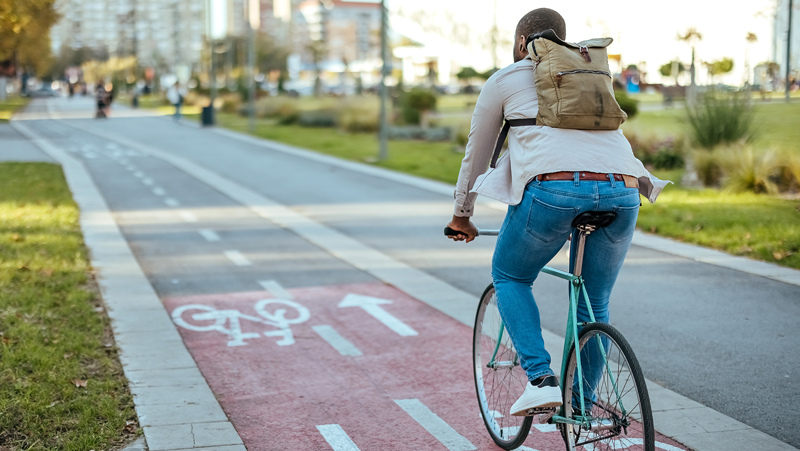 Photo by iStock
Photo by iStock
